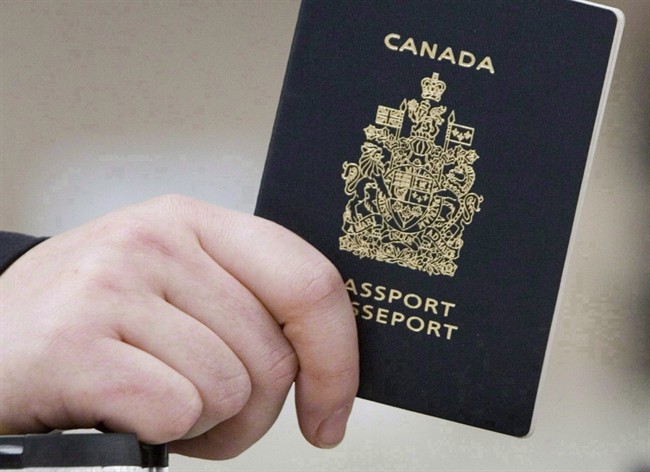Crossing the border can be a stressful hurdle en route to an exciting destination – it can even stop a vacation in its tracks. How you handle yourself at the border can make or break the situation.

“Treat it like a job interview,” said immigration lawyer Eleanor Somerleigh. “The respect, courtesy and basic manners as though you are requesting a job, because you are requesting to be allowed into a country.”
While border officials have the right to deny non-citizens into their country, here are some tips to help streamline the process and have you on your way.
Take it seriously
It’s amazing how casually people will approach a border crossing, said Luciano Nisi, Former Canada Border Services Agency (CBSA) officer and author of the e-book Crossing the Line: How to cross a land border stress-free.
“Are you pulling up to a drive-through? You’re not, you’re entering a country.”
His recommendations are pretty straightforward:
“Take your sunglasses off, turn your stereo off, open your rear tinted windows, stop talking when you pull up to the border,” Nisi suggests.
“The driver should be the one addressing the officer unless the officer speaks to someone else, and make sure your cellphone is muted and definitely do not answer it and do not be on your phone when you pull up.”
WATCH: Calgary man warning others after ‘humiliating’ experience at U.S. border crossing

Have your information straight
Along with your official travel documents in hand, have an outline of your vacation timeline and destinations. The address of where you are staying is a common request, as well as the length of your stay.
“You should always have documents establishing who you are [and] why you’re there,” said Somerleigh.
If you’re going to a conference, print the itinerary. If you’re going to a wedding, have the invitation handy. If you are going for work, show a letter from your employer.

Tidy up
A clean car is not only easier for an official to inspect, you can also avoid raising any suspicions. For example, if you work in the trades and have an extra pair of steel-toed boots in your trunk, it might prompt officials to ask if you plan to work in the country you’re entering.
Empty out any old papers or unnecessary items from backpacks or purses to help breeze through security. If you are searched, a neatly packed bag will be quicker and easier to process, said Nisi.
READ MORE: U.S. can search Canadians’ mobile phones at the border: Ralph Goodale spokesman
And leave your bulky coat at home – or check it at the airport, such as in Vancouver, Winnipeg or Halifax. Toronto Pearson is offering free coat storage from March 9 to March 26.
Your cellphone might also be searched, and while you might want to spend some time cleaning up any risqué content, Somerleigh said leaving your phone at home could raise suspicion.
WATCH: Taking the stress out of spring break travel

Tell the truth
It’s incredibly important that you don’t fib at the border – the chances of getting away with it are not in your favour.
“It’s really important to answer all the questions truthfully,” said Cassandra Fultz, who works as a regulated Canadian immigration consultant in Toronto.
“They will find out – you always have to be truthful when answering these questions.”
Border officers are trained to identify that something is off, Nisi said.
“Officers are looking for signs of deception,” Nisi said. “Any time a traveller lies about anything and the officer can pick up on it, that will entail a secondary exam.”
Everything is documented
Your passport is recorded when it’s scanned at the border. Your crossings are documented, as are interactions.
“If you go for some reason to secondary inspection … where you get a more thorough questioning from an immigration officer, there would be a record of what was said – certainly fingerprints and all that,” Somerleigh said.
READ MORE: Canadian border officials can search your cellphone, confiscate your device
What gets documented could be used in making future decisions regarding a traveller’s entry into a country.
Know when to withdraw
If it appears you will not be let through the border, it’s in your best interest to turn around on your own accord – but be delicate about it.
“What you need to do is ask the officer to allow you to withdraw your application for entry,” said Somerleigh.
“Normally the officer will. But you can’t just turn around and say, ‘I’m done here.'”
If you are deemed inadmissible and turned away, that will certainly be a red flag for the next time you try to enter the country.




Comments